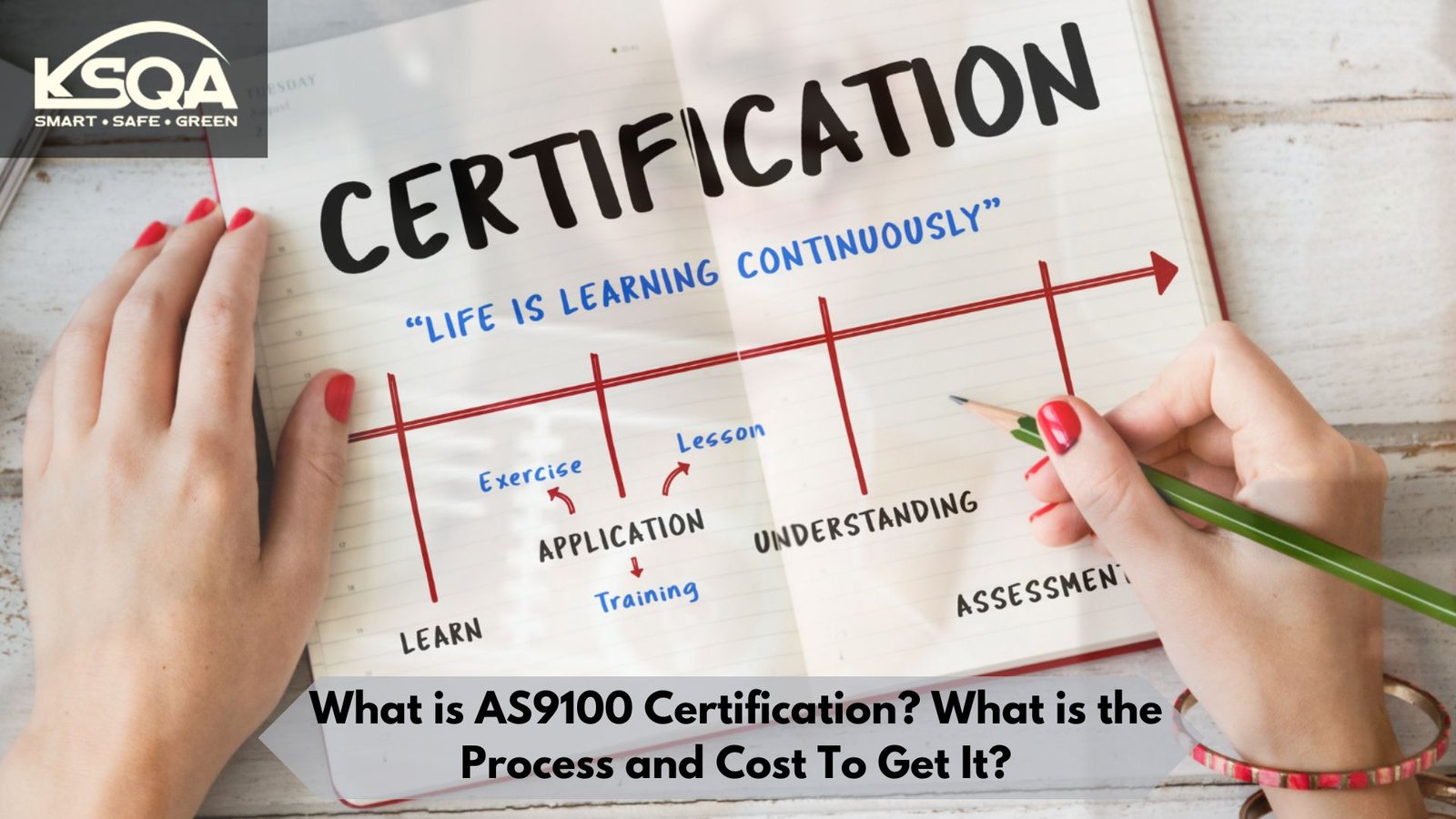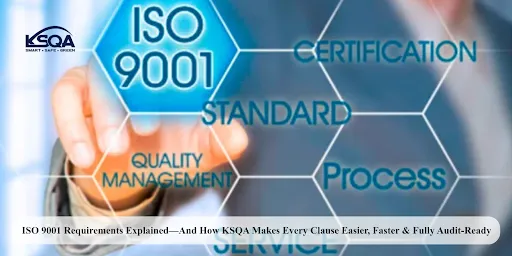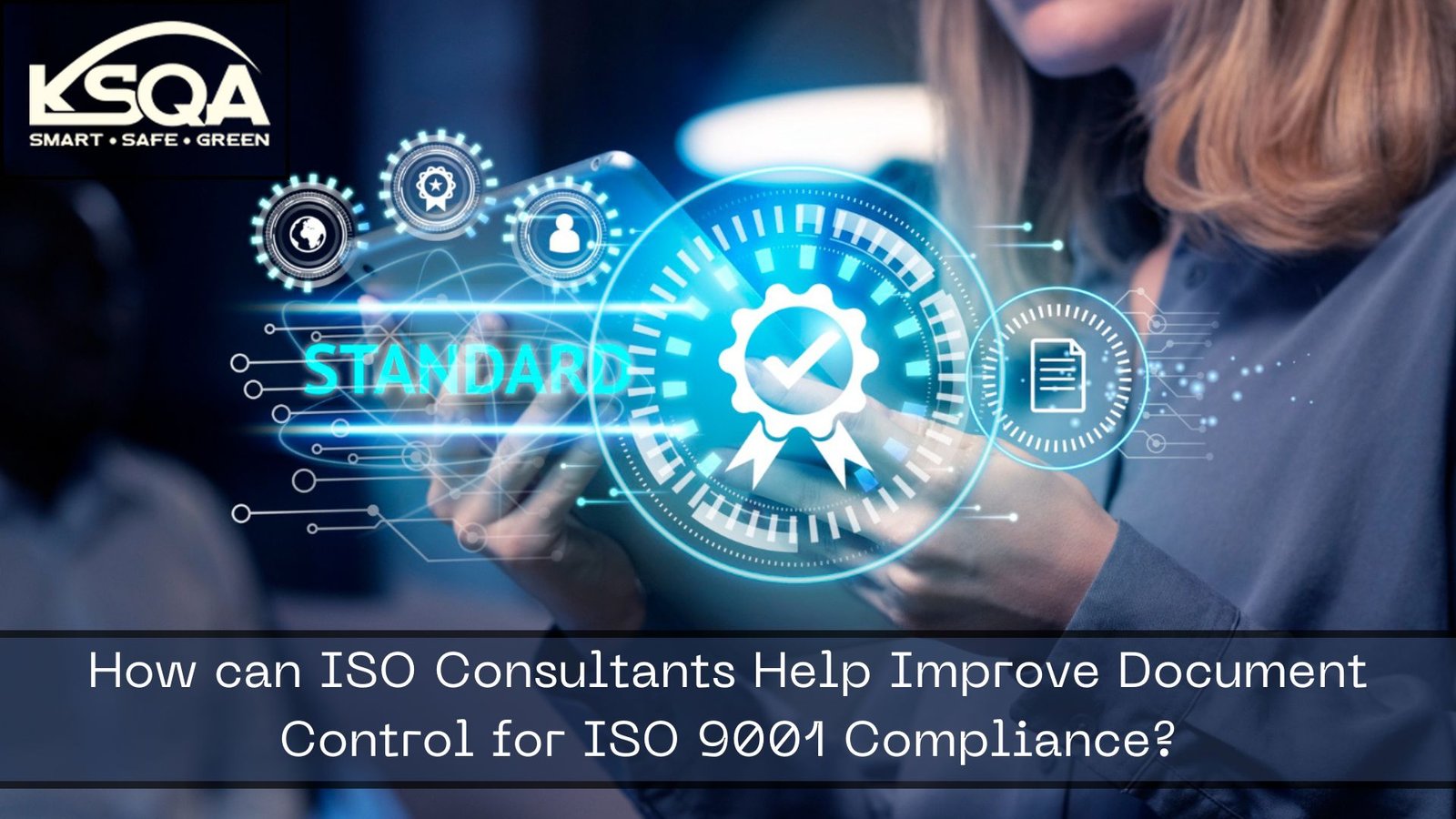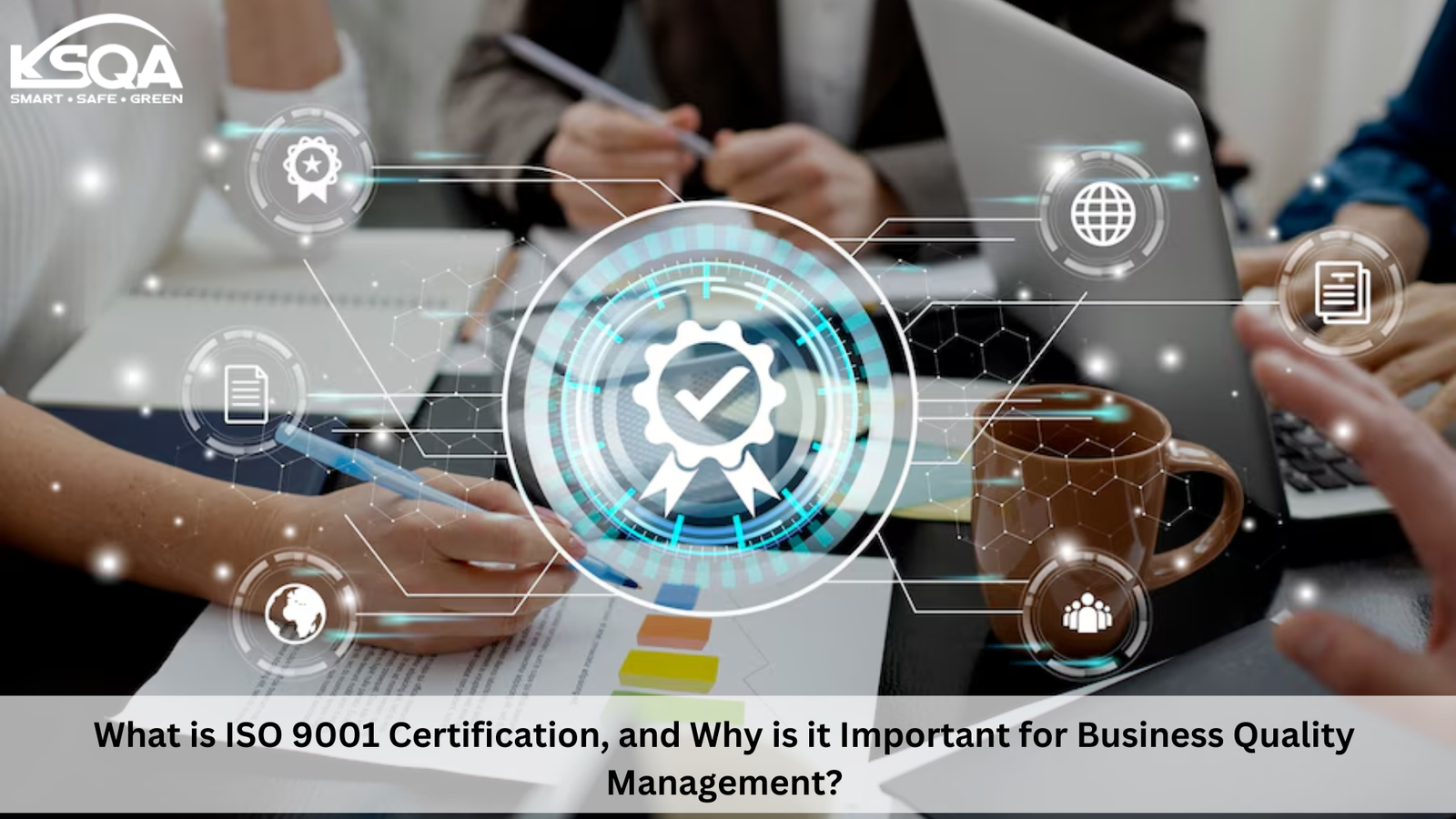The aerospace science, in which one centimeter error can set off a disaster of unimaginable result, leaves no space for slightly lax regulations. An established reputation for high quality is one of the features of the aerospace industry.
Among many standards that are mandatory, the AS9100 accreditation is a well-known quality management system that is recognized worldwide and is specifically intended for the aerospace sector.
In this blog, we'll delve into the fundamentals of AS9100 certification: What AS9100 certification includes, what process leads to it, and the cost of the resources that have to be parted with to attain it.
What is AS9100 Certification?
It is a specialized quality management standard for the aerospace industry. It ensures companies meet strict quality and safety requirements, demonstrating their commitment to excellence in aerospace manufacturing, design, and maintenance.
.png)
Process To Obtain AS9100 Certification
It is necessary to follow all the steps to successfully gain the certification. Here are steps to ensure the process:
Preparation: Inform yourself about the requirements of the AS9100 standard and compare them to the existing ones in your organization. Describe the gaps, and construct a plan and an implementation plan.
Documentation: Design and detail your organizational operations and process requirements according to the AS9100 standard. For instance, this is comprised of handbooks, manuals, schedules, procedures, as well as job and task instructions.
Implementation: Ensure that educational QMS comprehension materials are well studied inside your company. Set a prerequisite that all the employees are made aware of the responsibilities assigned for their QMS maintenance.
Internal Audit: Conduct internal audits to make sure that the implemented processes and procedures are compliant with the standards. Also, make sure they are totally functioning in accordance with the requirements of AS9100.
Management Review: Conduct management reviews to assess the QMS performance, zone in on pitfalls. Make sure the alignment with organizational views and targets meets the purpose.
Corrective Actions: Identify the non-conformities or areas for improvement, highlighting the results of the internal audits and management reviews. Also, take corrective and preventive action for them.
Certification Audit: Turn to an independent certification body and order it to organize audit of your organization's QMS if it is in accordance with AS9100 requirements. A common approach for this assessment could be the performance of two processes (documentation review at stage 1 and site inspection at stage 2).
Certification Decision: Make a certification audit report that there is a necessity, the certification body shall then make a decision as to whether or not the company meets the AS9100 standards. With this criteria, your company, will be awarded AS9100 certificate.
Surveillance Audits: Maintain AS9100 certification by arranging surveillance audits at particular intervals, for instance, annually or biannually, to determine the level of proper adherence to the standard.
AS9100 Certification Cost
The AS9100 certification cost differs by many components and has many different types of costs, which are covered below:
Consulting Fees: You may have to find a consultant who can help you put AS9100 in place or get ready for the audit if you need assistance in implementing this standard and preparing for certification. Consulting fees can differ considerably depending on the nature of service required as well as the consultant's knowledge or skills.
Training Costs: The cost of training your employees on AS9100 technical specifications and quality management practices may consume more money on the materials, courses, and instructor fees.
Internal Audit Costs: Even though organizations may need to allocate resources for conducting in-house audits, it helps detect existing gaps. It also enables them to meet the requirements of AS9100 audit.
Certification Body Fees: Typically, involving the certification body that is responsible for providing the certification audit and issuing the AS9100 certificate includes audit day fees, travel expenses, and administrative costs.
Maintenance Costs: The maintenance of AS9100 certification may be far from smooth, as there could be periodic surveillance audits and ongoing regulation changes. This could give rise to recurring costs in terms of audit fees, personnel hours, and improvements.
Conclusion
It is impossible to imagine enterprises in the aerospace industry, that will not be subject to the requirements of A9100 certification to meet quality requirements and safety standards. When a business realizes the inspection process and linked expenses, space firms can anticipate and respond to requirements in the most appropriate manner.
Experience both the process and the final test of the AS9100 certification with KSQA. Let them be your guiding partner to plot your way through the maze of AS9100 certification. They also help you gain wings of quality, shaping your organization as the pinnacle of aerospace manufacture. Call them now for assistance!





.jpg)
.jpg)
